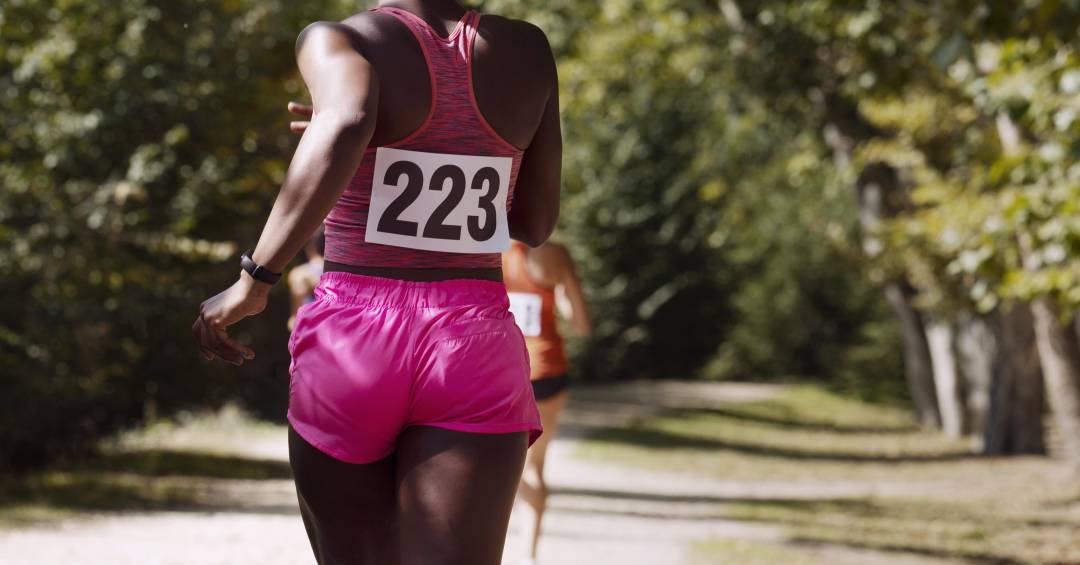

Whether on the treadmill or on the street, running has become one of the most practiced activities by people who want to move, since, theoretically, it doesn't take much to do it. On the other hand, however, not everyone gives due importance to how avoid running injuries.
This is because, as simple as it may seem to get started, the truth is that it is necessary to prepare the body to start the sport.
According to what the Russian physical educator Nicholas Romanov published in the book “Running – The Revolution in Race”, Regular practice of this modality prevents chronic diseases, such as diabetes and hypertension, as well as helping to reduce stress and anxiety. However, on the other hand, it is considered a sport with a high risk of injuries when practiced incorrectly.
Therefore, he listed some ways to prevent unforeseen events from happening to your body during activity. Check it out below:
7 ways to avoid running injuries
1
Invest in suitable sneakers
According to the author of the book, who is recognized worldwide as one of the leading experts in running biomechanics, choosing the right sneakers for your stride and biomechanics is essential to reduce the risk of injuries.
For this, the ideal is to seek out a professional specialized in running to help you.
2
Do not exaggerate the volume and intensity of training
Just increase the distance or speed of your workouts gradually. Respecting your body's limits is essential to avoid injuries caused by overexertion.
3
Strengthen your muscles to avoid running injuries
Keeping your muscles strong and well trained can help prevent injuries, especially in the hip and thigh areas.
4
Stretch regularly
Lack of flexibility can increase the risk of muscle and joint injuries. Take a few minutes before and after to stretch properly.
5
Vary the type of training
Always doing the same workout can lead to excessive wear and tear on certain parts of the body. Vary the intensity, distance, and terrain to reduce the risk of overuse injuries.
6
Rest adequately
Giving your body enough time to recover after runs is key to avoiding injuries. Respect rest days and avoid working out when you are tired or in pain.
7
Seek professional guidance
Working with a coach or physical therapist who specializes in running can help you identify possible muscle imbalances or biomechanics issues that increase your risk of injury. Professionals can also guide you in creating a safe and efficient training plan.

